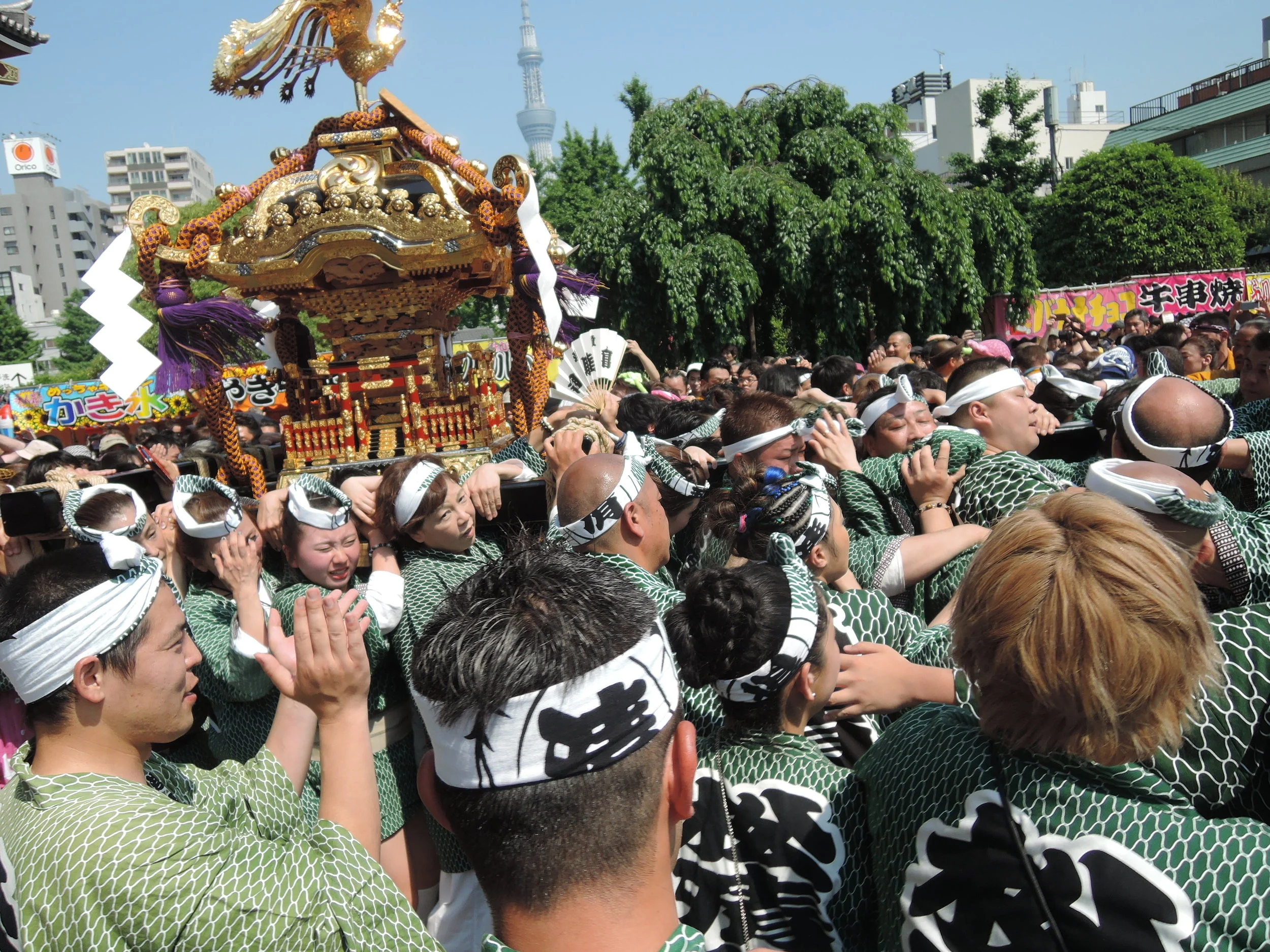I probably spend what would be defined as an unhealthy amount of time on the Internet for someone who is not a tween. With most of my friends living outside Japan, a career as a freelance writer with clients in the U.S., and a preference for reading the news in English, I am always well connected.
It’s not a bad thing in itself, but spend enough time on the Internet and you’ll eventually find some appalling stuff. Recently, a few curious clicks led me to a widely read forum for foreigners for Tokyo and their relationship advice. Of course, this was going to be bad, but given that I consciously choose to spend my time watching true crime shows, I am, by nature, morbidly curious. I kept reading.
There’s a strange fetishization of white male foreigners here in Japan, which places them in somewhat high demand, regardless of physical attractiveness or the ability to be interesting. As a non-white, foreign, male co-worker once described it, certain women seem to want to live out a fantasy of having a white, "exotic," boyfriend, based on information and stereotypes gleaned from Hollywood chick flicks, and white foreign men seem only too happy to oblige. So it wasn’t that much of a surprise to read a poster saying:
“…[W]hat she really wants is this funny athletic white guys attention and love for a day or maybe the weekend or more. And if she doesn’t, who cares, theres ten more out there that do…” [All typos and spelling errors from the original.]
I know. I shouldn’t be surprised. The last time I made the mistake of hooking up with a guy here, he mentioned my “great English,” which was almost as offensive as his attempts at sex which bordered on the truly horrendous. The reminder of how disposable women seem to the English-speaking guys here was the final straw in a shitty week that was at least entertaining when Trump was involved, but not so much when you realize that your potential dating pool is full of dicks.
Photo by Kanako Shimura.
As if sensing the impending doom and gloom, my sister texted me last Saturday about checking out the Sanja Matsuri in Asakusa. It’s a huge festival that features neighborhood mikoshis – large, portable altars – hoisted along the main road of Asakusa Shrine. It’s a three-day event, with the purification ceremony taking place on Saturday. Mikoshi were transported to the shrine, raised up as it was purified, then carried back to its neighborhood. It may sound zen, except that it’s built a reputation as an event at which yakuza show off their tattoos with pride.
We were, admittedly, looking for yakuza, but found out later that the tattoo-baring took place on Sunday. Despite the fact that we missed out on the tattoos, the event is like a textile designer’s dream. Every neighborhood has its own unique happi, a short-sleeved garment worn at festivals, which boasts its own crest, design, and colors.
Photo by Kanako Shimura.
Photo by Kanako Shimura.
Photo by Kanako Shimura.
Photo by Kanako Shimura.
Photo by Kanako Shimura.
The energy of the event was palpable as the heavy mikoshi swayed one way, then another. Each neighborhood team set up a human wall to control the lurching, as those carrying the mikoshi shouted out a rhythm. A predominantly working-class neighborhood, the men were bigger and burlier than most you’d see in Tokyo and the strength and energy required to transport the mikoshi – one usually requires forty people to lift it up – are impressive.
The irony of escaping from the disgust from reading a forum for foreigners at a Japanese traditional festival isn’t lost on me. As a third culture kid, I live in a space where everything seems a bit off and strange, where nothing quite fits. Where you’re stuck looking one way but identifying as another. Where you end up living online because you can’t begin to relate to most of the people around you. And where, apparently, when one culture disappoints, you end up seeking some sort of cleansing effect in another.
Photo by Kanako Shimura.
Photo by Kanako Shimura.
Photo by Kanako Shimura.
Yesterday, walking home from the gym, thinking about living in Japan, a rap song from long ago, made for a yakuza movie, began to play in my head. Along with lyrics about violence and social ostracization, there were two lines in particular that I had always liked, that had always replayed in my head.
“tteyuuka,” he sang, “yononaka naseba naru.”
It’s a Japanese proverb that translates literally to “if you take action, it will become.” And while I may not be making best friends here any time soon, or plunging back into the dismal dating pool that is Tokyo, or feeling less like an alien, maybe, having a good day here – unplugged – isn’t all that impossible.










